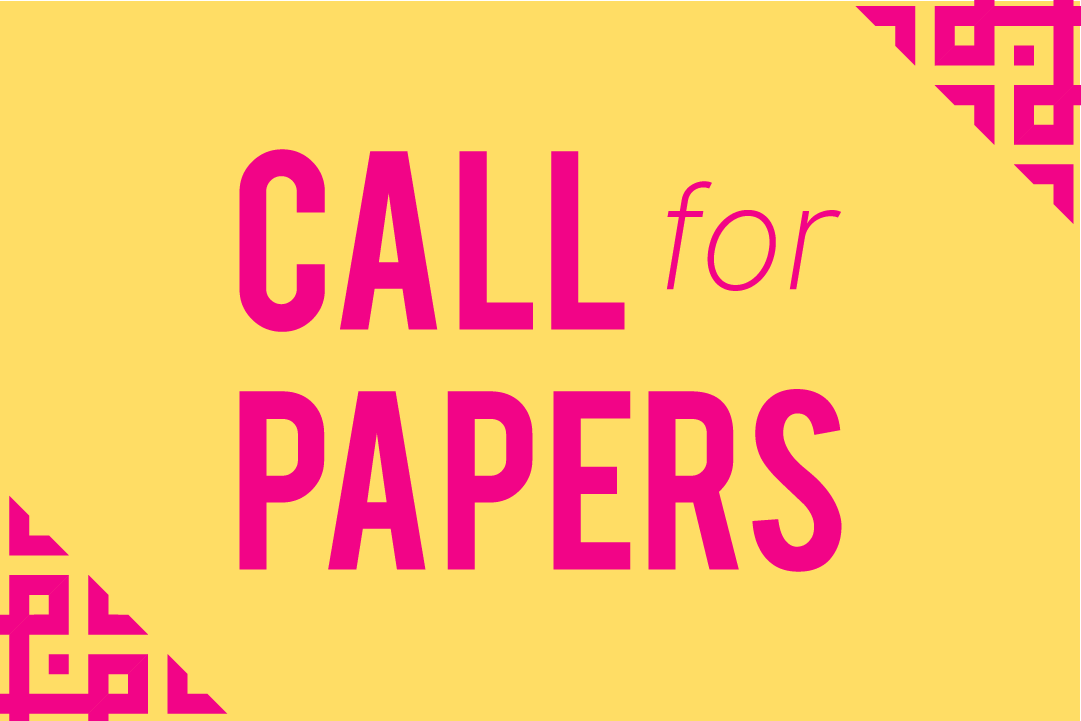
New Journal! Call for Papers-Pasados: Recovering History, Imagining Latinidad
We are delighted to invite submissions for a new journal, Pasados: Recovering History, Imagining Latinidad. Published by the University of Pennsylvania Press and in collaboration with the Recovering the U.S.-Hispanic Literary Heritage Project, Pasados is an open access, peer-reviewed journal dedicated to scholarship on the long history of Latinx literature and culture, with a special focus on questions related to archival recovery. It centers scholarly inquiry on pre-1980s Latinx literary and cultural histories, extending from the colonial era through the twentieth century. Along with scholarly essays, we encourage submissions across a range of formats and approaches, including translations, teaching aids, bibliographies, reviews of archival sites, and forum/dossier proposals.
Appearing twice annually beginning in Spring 2024, Pasados highlights decolonial and other theoretical approaches to Latinx archives, historically-informed pedagogies, and praxis-based recovery work, both in academic and non-academic spaces. The journal provides a venue for scholars to build upon and extend existing approaches to this interdisciplinary field, while also acting as a forum for new theoretical, methodological and analytical insights into the histories and archival knowledges of Latinx literature and culture. Pasados will be of interest to academics, libraries and associations, national and local public institutions, community activists and organizers, and readers interested in Latinx studies.
Send questions to pasadosjournal@gmail.com.
Submissions can be made at https://pasados.scholasticahq.com/for-authors.
Peer-Reviewed Articles:
We welcome submissions of previously unpublished articles on a broad range of topics, including, but not limited to:
• Critical archive studies
• Recovered texts
• Critical Latinx Indigeneities
• Afro-Latinx studies
• Queer studies
• Transatlantic and Transpacific approaches
• Translation studies / translations / language / linguistics
• Public-facing scholarship, including public histories
• History of the book / print culture / critical bibliography
• Digital humanities
• Environmental studies
• Anthropocene/Post Humanism
• Performance / theater / non-textual archives (e.g. music, visual culture, oral history)
We accept submissions in either of the journal’s two languages, English and Spanish. Scholarly articles should be between 6000-8000 words, including bibliography and footnotes, and include an abstract of no more than 200 words in the article’s original language. Please omit references to the author in manuscripts to ensure anonymous reviews. The journal does not accept manuscripts previously published by or simultaneously submitted to other publication venues.
Other types of submissions will include some combination of the following sections:
Book Reviews:
Each issue will include 3-5 reviews of current books in the field, of about 1500 words each. In a given issue, individual book reviews might be replaced by a review essay that surveys several recent works to provide commentary on the state of the field.
Translations:
We invite submissions of previously unpublished translated documents. Translations will be peer-reviewed and generally fall into two categories: translations of scholarly essays from Spanish or Portuguese to English (broadening the audience for important scholarship from throughout the Americas), and translations of primary texts from the archives, including literary texts that have gone out of print, letters, journal excerpts, and other texts of interest to students and scholars in the field. Translations of primary documents should not exceed 2000 words. Translations of scholarly articles should not exceed 8000 words.
Translation submissions should include the following elements: (1) an introductory statement of no more than 1,000 words that describes the document and its significance; (2) a PDF image of the document; and (3) the translated text. For primary texts, the submission should include text in both the original and target languages.
Teaching Aids:
We welcome the submission of teaching aids that encourage the introduction of Latinx materials into both literature and history classrooms, including, but not limited to, ideas for engaging students in primary research using resources connected to the Recovery Project, such as the EBSCO databases. Authors have great latitude in their approach to these teaching aids. They might address larger conceptual approaches to teaching the long history of Latinx literature and culture or offer
concrete methodologies that can be used in the classroom, such as active learning activities, assignment prompts, or lesson
plans. Other possibilities include discussion of the use of archives or databases in the classroom, navigating Spanish-language texts, and literary analysis. Submissions should be no more than 2000 words and based on actual classroom experiences.
Bibliographies:
We seek short bibliographies of basic texts (no more than 5-10 references) related to a figure, genre, historical period, or topic. For example, a bibliography about the 1918 Spanish flu pandemic might include relevant primary and secondary sources, but with a Latinx focus. The purpose of this resource is to help scholars organize their research.
Archive Corner:
We invite descriptions of archival sites, their holdings and how to access them. We look forward to colleagues sharing their expertise, their archival know-how, and their experiences. The Archival Corner will orient professional researchers (graduate students, faculty members, and independent scholars), undergraduates, and community members with archives in Perú, Mexico, Colombia, Spain, etc. as well as national archives. How do you physically navigate el CENTRO, the Cuban Heritage Collection or NYPL? Internationally, how do you gain access to the Archivo de Indias in Seville or the Biblioteca Nacional de Cuba José Martí in Havana? What type of visas do you need? How do you get them? (approx. length: 1,000 words)
Executive Editors
José Aranda, Rice University
John Alba Cutler, University of California, Berkeley
Carmen Lamas, University of Virginia
Yolanda Padilla, University of Washington, Bothell
Editorial Board
Kirsten Silva Gruesz (University of California, Santa Cruz)
Rodrigo Lazo (University of California, Irvine)
Laura Lomas (Rutgers University, Newark)
Raúl Coronado (University of California, Berkeley)
Gerald Poyo (St. Mary’s University)
Kenya Dworkin y Méndez (Carnegie Mellon University)
John Morán González (University of Texas, Austin)
Manuel M. Martín-Rodríguez (University of California, Merced)

